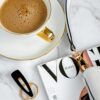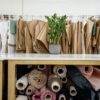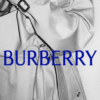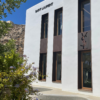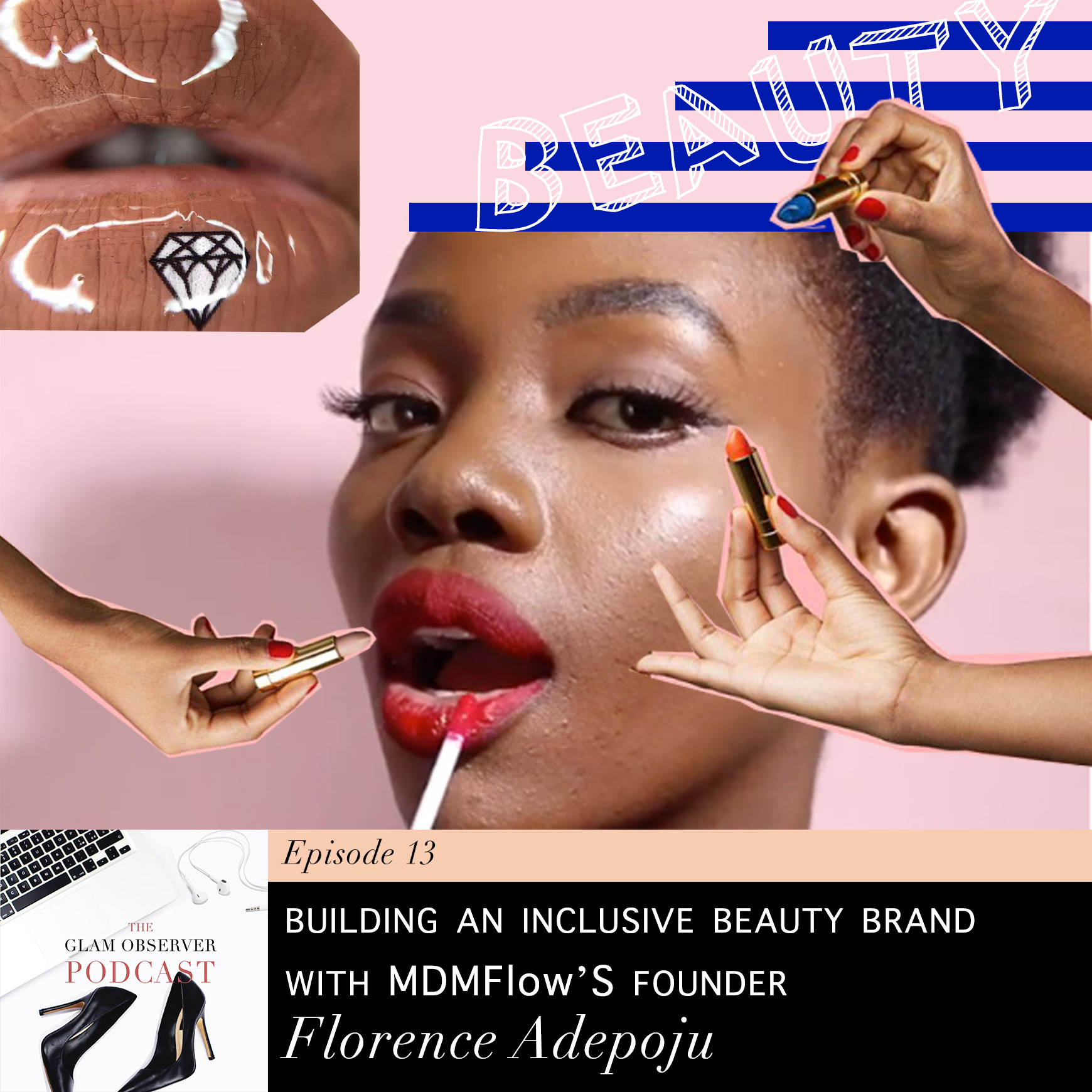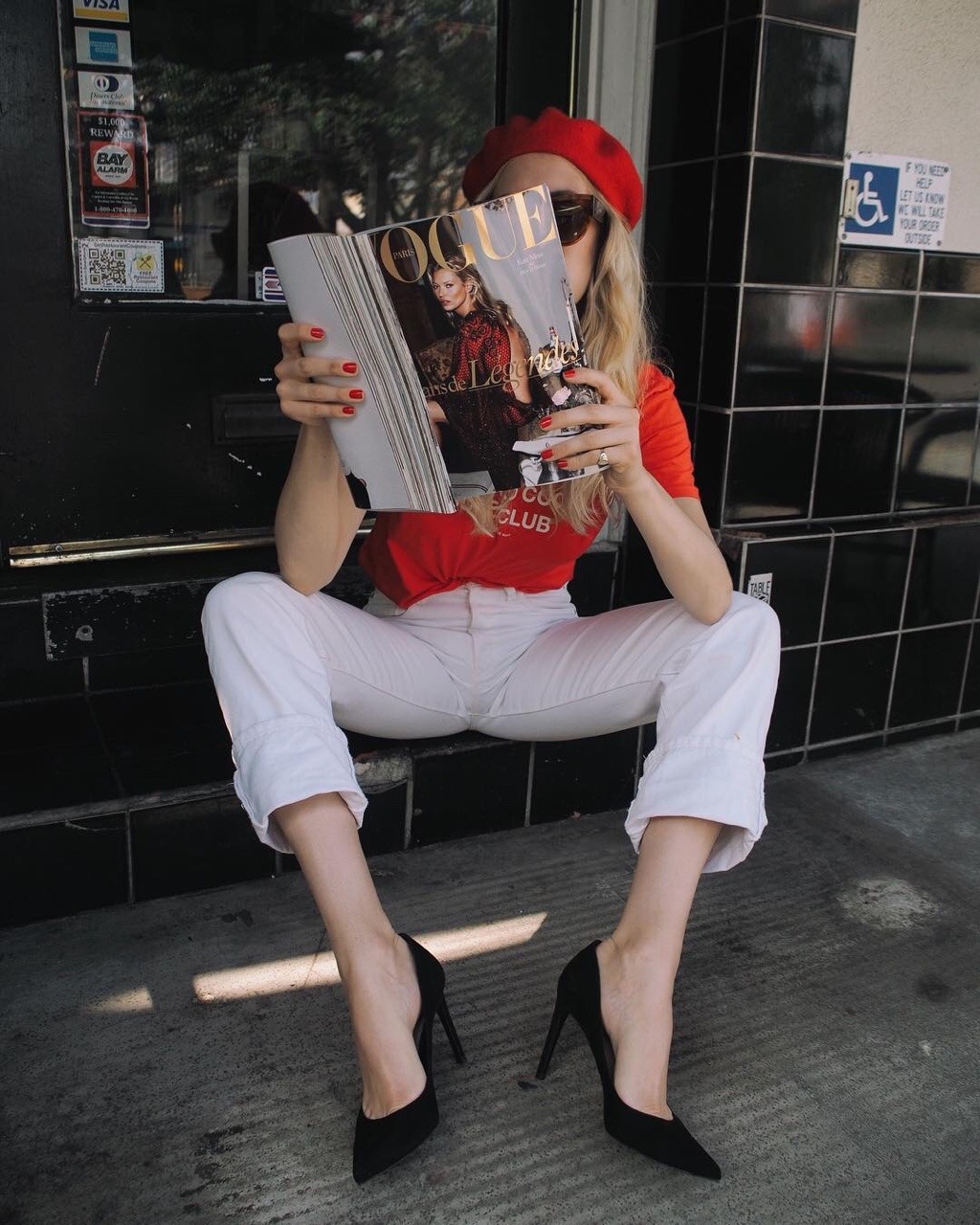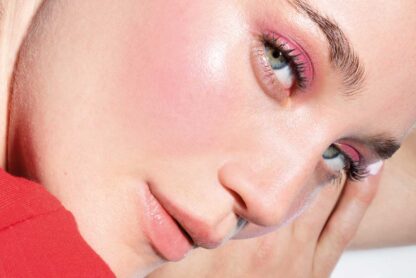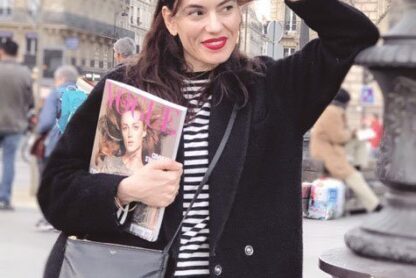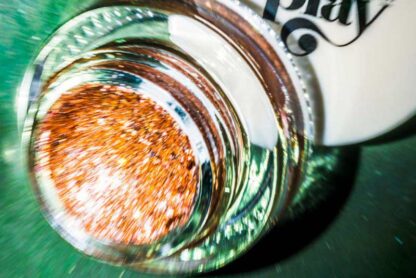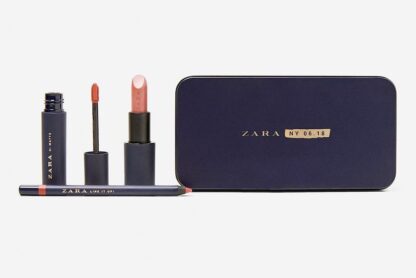This podcast is a great one! I am talking to Florence Adepoju, founder of MDMFlow – a london based beauty brand. Florence started off her brand by making lipsticks in her parents’ shed in Essex. MDMFlow is defined by bold colours – that go on EVERY type of skin, and in the time we are living in today in which the beauty and the fashion industries are just starting to get the memo about diversity, Florence’s brand is more than needed. With a degree in Cosmetic Science under her belt, she started MDMFlow five years ago. I was interested in her because she doesn’t have the typical beauty entrepreneur profile. She is not a make up artist, a beauty blogger or a celebrity but, a beauty scientist. Beginning a business with such a background definitely makes her stand out and it is no wonder that the New York Times, Teen Vogue and even Lena Dunham – who bought ALL the colours available on Florence’s site! – got interested in telling her story. If you are interested in building your beauty brand, I think this episode is made for you. You will learn about how Florence degree in Cosmetic Science benefited her, where she learned branding and that being your own PR is better than delegating it to an agency. Tune in right for more!
Subscribe to the Glam Observer Podcast on Itunes for more conversations with girls who started their own business in fashion and beauty
You’re stocked at Topshop, Harvey Nichols, Nasty Gals and even at Colette and you started MDMFlow in your parents’ shed in Essex before having your own London office. How did this happen? I mean tell us who you are and how you ended up creating MDMFlow?
I guess working in the industry and being a woman of colour, I felt there wasn’t really anything made for me. This year, it will be 10 years I got in the industry. I started as a teenager working on make up counters part-time while I was studying. I was really excited by what the industry was doing but also felt there was a gap. I just thought I was going to be the person that makes that change. That’s what led me to study Cosmetic Science for 4 years. That was amazing because everything I thought could be done and every change I thought could be made, studying it made me learn the skills that I needed to help make these products. So, by the end of my degree, I’ve worked on so many different counters and represented so many different brands that I felt like I knew what the industry was like on the outside and as somebody who knows how to create products now I could create what is needed but also thinking, if I don’t create it nobody will do it.
Your path as a beauty entrepreneur is quite different from people like Emily Weiss because you actually have a degree in Cosmetic Science. Can you talk us about it? Did you think it was enough to help you launch MDMFLow?
My degree was amazing! But I always say to people who contact me and want to start a brand it’s not necessary because a lot of marketers, make up artists and creatives start brands. And clearly, you don’t need my degree to start a brand. But I think if you really care about product development, how products are made and especially if you are trying to provide a solution that isn’t possibly in the market and do something that is radically different then, it is good to do my degree.
It’s very scientific. There’s a lot of formulation, you’re in the lab a lot which is great but I think from an entrepreneurial point of view you don’t really learn how to run a business.
When I started my business 5 years ago, I knew how to make a product. But the last 5 years have been the school of life in learning how to run a business. It’s like ‘what is marketing? What is PR? What are all these things?!’ It went from a simple product that I made myself, that only my family and friends knew about to how do I get this out there, how do I get people to see what I’m creating and how this is a solution for people. I think my degree was incredible but I’d probably add a little business element but now they have a Master program, so I’m guessing perhaps they added it.
SHOP GETTING READY FOR SUCCESS PRINT
You learn all these creative skills and you know how to create something amazing but, you don’t know how to sell it, you don’t know how to market it, you don’t know how to approach sellers, you don’t have any financial intelligence.
I’m pretty much learning on the go and it’s been crazy. Even now, when I’m looking back at some of the things I’ve done and some of the decisions I’ve made, it is a shock that my business still exists because I’ve wasted so much money and I’ve done so many things the wrong way. But everything is a learning process, and I think when you run a business for 3 years full-time you learn what works and what doesn’t and you just naturally become better at it like in any thing in life.
I am happy that I was persistent enough that I could continue on this business.
During your studies you also worked at the counter of the biggest beauty brands, what did you learn there that uni didn’t teach you?
I learned branding. I learned how brands have stories but, also I learned how boring the industry can be because there’s a set status quo and everybody creates their own version of it. I think being in the industry and seeing so many brands and being so bored to see how similar they were to one another made me want to do something radically different.
I think I learned how much brands don’t really listen to customers even though things are radically changing because of social media. But for a really long time it has been an authority deciding on what customers want which now when you think about it is ridiculous: how can someone tell you what is suitable for you? Also, if they don’t know nuances and they’re not from a diverse background they will never know the problem you are facing.
I think I just learned a lot about how things have existed and what I could do to change the industry.
One of the strength of your brand is the way you use social media to create your products, can you talk us through the process?
At the beginning, when I started 5 years ago, social media was all I had. There wasn’t any stores that was just me posting on Instagram, Facebook and all these platforms because that’s the only way I could communicate. Then I started to be in retail I focused on that only to see my audience stop growing. I realised then that the people I should be trying to impress are my customers not other businesses that I’m working with. Since I had that realisation, I tried to go back to social media and really have an opened conversation. The good thing about a business that started in your parents’ shed is that there is pretty much no brand that started that way within my space. So I’m able to tell that story and I’m able to show people how things are done and really bring them into the process in the way that is more difficult for bigger brands to do.
Your customers are a big part of the process to create your products, can you tell us how you did to have such a dedicated customer base?
It’s just giving my customers a voice, listening to them, letting them speak, asking them questions. I did a Black Panther collection and it was so funny because I kept asking them what colours I should make and they wanted colours I didn’t want to make. But, I had given them that voice so, I had to do it. What’s so interesting in this process, is that I had to forget about my ego and think who am I creating this for and, it was just such a nice community-driven thing because I allowed my customers to have a voice. It was genuinely fun and that’s the reason why I continue doing it.
It’s your 5th year in business, and you have been featured in the New York Times, Forbes Under 30, Teen Vogue and more recently in Byrdie Beauty and Lenny Letter, how do you manage to get press covering you and tell the story you want about your brand?
I just do my PR by myself. It’s just about relationships! I used to have a PR agency, they were good but, they were treating me just like their other clients – except that I was a lot smaller than the other clients. I just felt the only way I could really stand out in PR was by being myself. No one else can tell my story as good as I can. When I meet with journalists, I do get a lot of rejection and it’s so crazy because I’ve had so much press. But for every story that has been written about me, 5 to 10 journalists have turned me down. So I think it’s the persistence as well and understanding it’s having the right connection with the right journalists that they would care enough to share my story. And just have a different story because I’m not just another artist putting out something and collaborating with a lab. I am my own eyes and lab, and I’m doing that all together.
It’s important to me to appear in front of the right audience like it is important to be written about in a publication that cares about diversity, that cares about confidence and about doing things differently.
My pitches are so different because they are so personal. I pitch to journalists whose work I love. Every journalist I approach, I do according to their work, what they like etc…It’s just about not doing a one-size-fit-all approach but personalise it.
Any advice to someone who wants to start a beauty business?
Start as small as you possibly can. Definitely start if it is something that you’re passionate about and you feel like will provide a solution because I think a lot of people focus on developing their ideas and then end taking themselves out of it. So start small, start with what you have, do a lot of research, look at other businesses and how they are growing. Just have an incredible story and self-educate as much as you can.
And that’s a wrap with Florence! We love feedback so don’t hesitate to leave us a comment AND a little star on iTunes!
